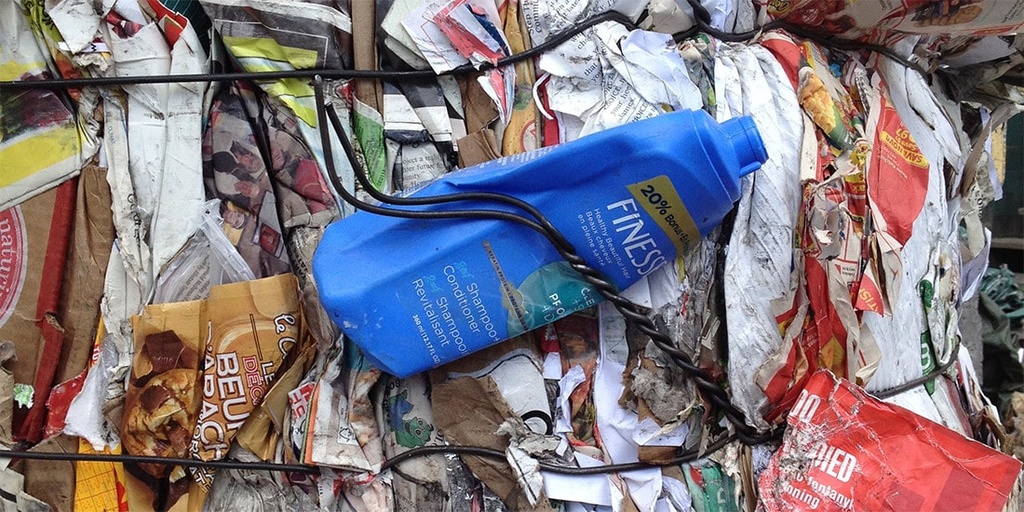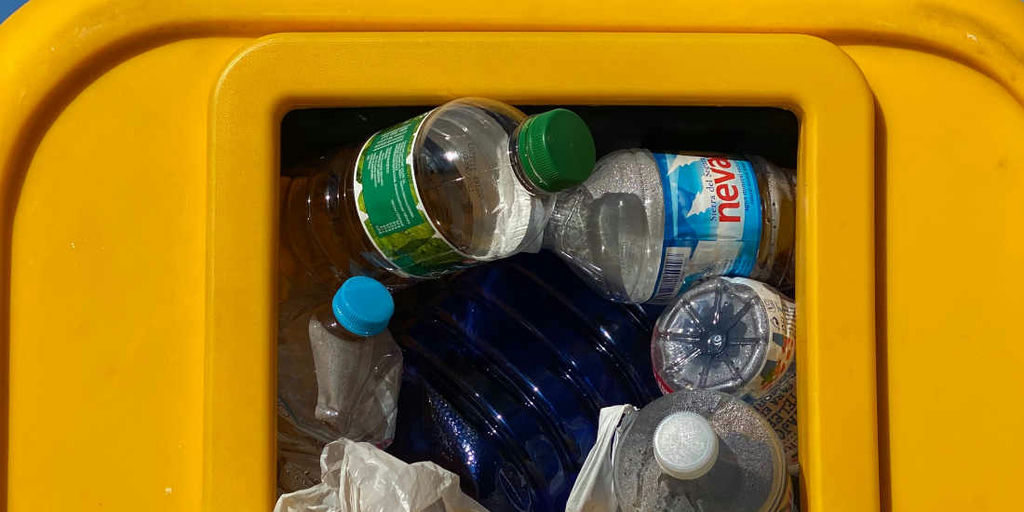Recycle in all the right places
- Earth Points
- 20
- Ease
- Medium

Photo by Vivianne Lemay on Unsplash
Description
Move from wishful to expert recycler! There are multiple things we can recycle. But when we do — are we doing it right? Do we know all the fun tricks of the trade?
Municipal systems vary significantly in what they recycle or how they support residents in recycling: plastics, glass, paper, wood/leaves, metal, and food. Cities and towns often invest what they can in local recycling centers, resulting in centers differing in what materials they can take and why. When we, in turn, do not recycle correctly, it can cost a huge amount of money per year — money that could otherwise be reinvested into upgraded recycling facilities. Plus, the extra trips taking inappropriate materials to the landfill contribute to air pollution.
So do a little research as to what is available, and then sort and send off. Plus, once you learn the details, you can help your family and friends understand better to expand the positive impact.
Tips
• Research your local recycling facilities. Websites and online searches for your area are helpful for that. Also, drop-off recycling centers often accept a wider range of materials than you may think.
• Consider going even deeper to really understand how recycling is handled. Many recycling facilities offer webinars and tours to educate the public on what is recyclable and what is not.
• Think bigger than the basics. Look beyond your city or regional services too. Your local grocery or hardware store may offer soft plastics/styrofoam recycling. Local thrift stores may have a connection to textile recycling. For example, both for those items still in good shape to wear, but also just textiles and rags.
• There may be mail-in options for other types of recyclables, such as batteries, crayons (yes, crayons), and more. Here is a nice list to consider more possibilities.
• There is also what is called "recirculating" (which happens before recycling): post online the stuff you want to get rid of; someone else might very well be interested! Figure out what works best in your area and where the most active websites are for that type of thing. Here are some options to explore.
• Once you know what can and cannot be recycled locally, that makes it easier to avoid items that cannot be recycled and try to reuse/upcycle what you have.
• After you have gained all this knowledge, consider sharing the wealth. Tell your friends and family, and even perhaps write a summary letter to the local neighborhood message board or newsletter to send positive ripples further out.
